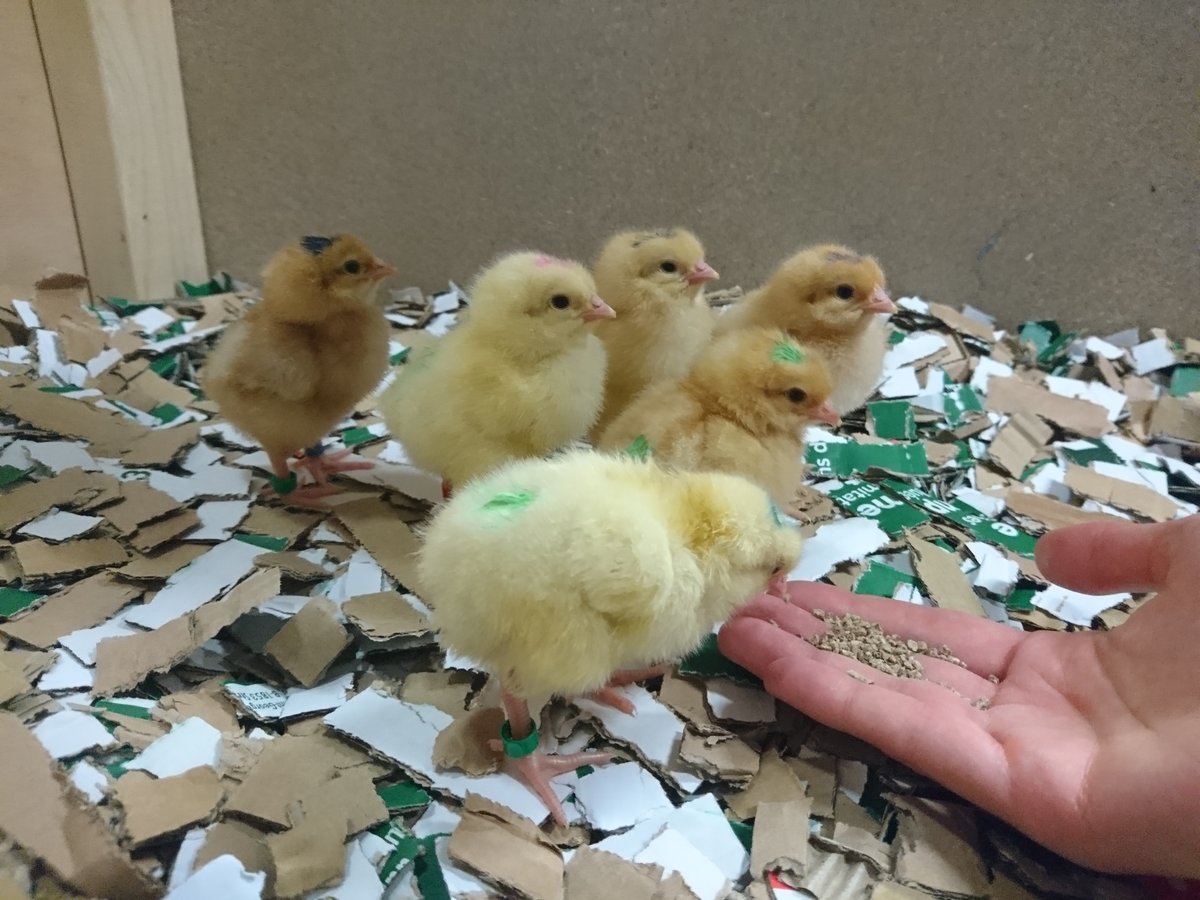
Copyright: Gabriella Gall
The effect of early life experience on group coordination and communication behaviour of individuals
Early life experiences can affect how individuals signal to each other and therefore affect group coordination and individual survival. Zukunftskolleg fellow and CASCB member Gabriella Gall will investigate the use of vocal signals to coordinate group activities in the common pheasant. “This study with the title The effect of early experience on individual vocal flexibility and group functioning will be the first to investigate the interplay between individual social signalling and coordinated group behaviour from embryo to death,” says Gall.
The ability to manipulate the early social environment of each pheasant together with the application of novel methods for data collection and analysis, i.e. high-resolution movement and acoustic data on all birds within multiple groups, provides an unprecedented opportunity to study how individuals navigate their social and physical environment and will help to understand the fundamental trade-offs faced by animals living in groups. A limitation of many study systems is that group compositions are often fixed, offering little opportunity to measure the same individual in different social settings. The researcher avoids this: “By studying pheasants, a species that exhibits fission-fusion behaviour, I will overcome this limitation and be able to directly compare how individuals behave in different social contexts, providing stronger evidence for social effects while reducing potential confounds of long-established group structure.”
Good to know
This project is funded by a 2-year CASCB-Zukunftskolleg Fellowship, hosted by Ariana Strandburg-Peshkin at the Department of Biology, University of Konstanz and CASCB.
